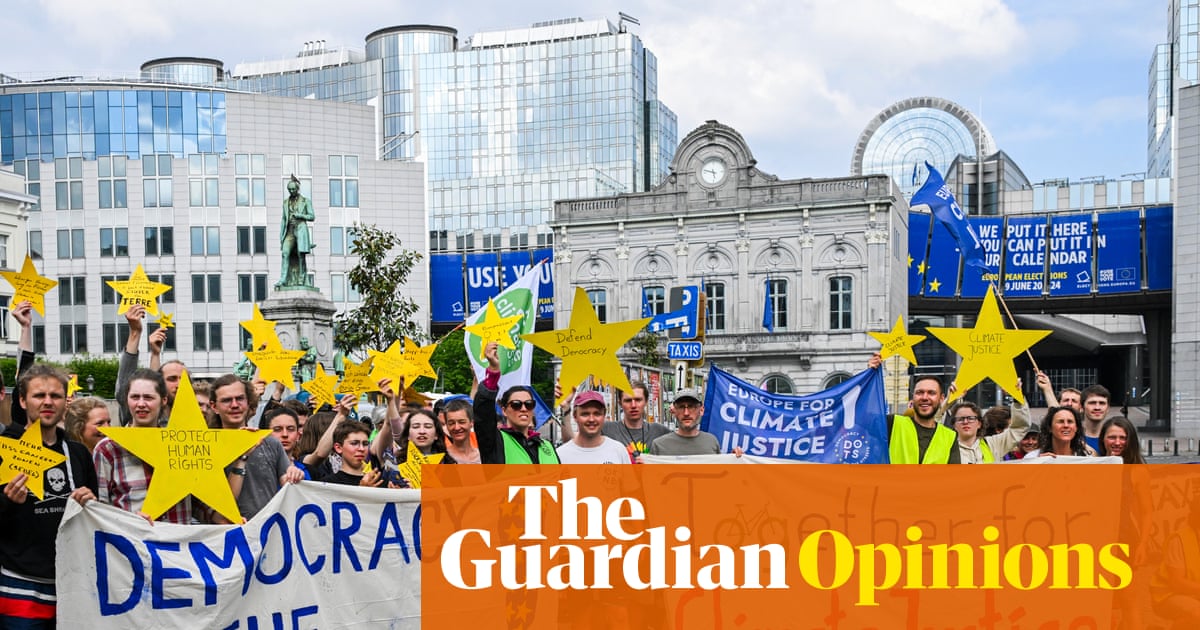
"In envisioning a green future, European politicians failed to account sufficiently for the social impact of the energy transition. The EU's efforts to engage with and compensate those who stood to lose fell short. Regions and workers reliant on carbon-intensive industries, disadvantaged social groups and poorer countries disproportionately affected by the climate crisis and regressive economic consequences of the transition were all hit. Criticism of these failings is valid, but the EU undeniably backed its commitments with action, putting its money where its mouth was."
"Today in Brazil, Europe's climate leadership could unravel. This is not only because the US has again withdrawn from the Paris agreement and the Trump administration is actively seeking to undermine other countries' commitments, including those in Europe. Nor is it solely because countries in the global south from India and Indonesia to the Gulf states and Turkey refuse to compromise growth for climate, blaming the global north, especially Europe, for the crisis."
A decade ago, the Paris deal limited heating to 1.5C through US-China understanding and a coalition that included Europe and many global south countries. The European Green Deal (2019) enshrined climate neutrality by 2050 with comprehensive pricing, regulatory, and funding measures. European transition planning failed to fully address social impacts, leaving regions, workers, disadvantaged groups and poorer countries exposed to regressive consequences. The EU nonetheless implemented policies and funding to back its commitments. At Cop30, leadership faces new risks from US withdrawal, active undermining by the Trump administration, global-south reluctance to trade growth for climate, and internal European greenlash.
Read at www.theguardian.com
Unable to calculate read time
Collection
[
|
...
]